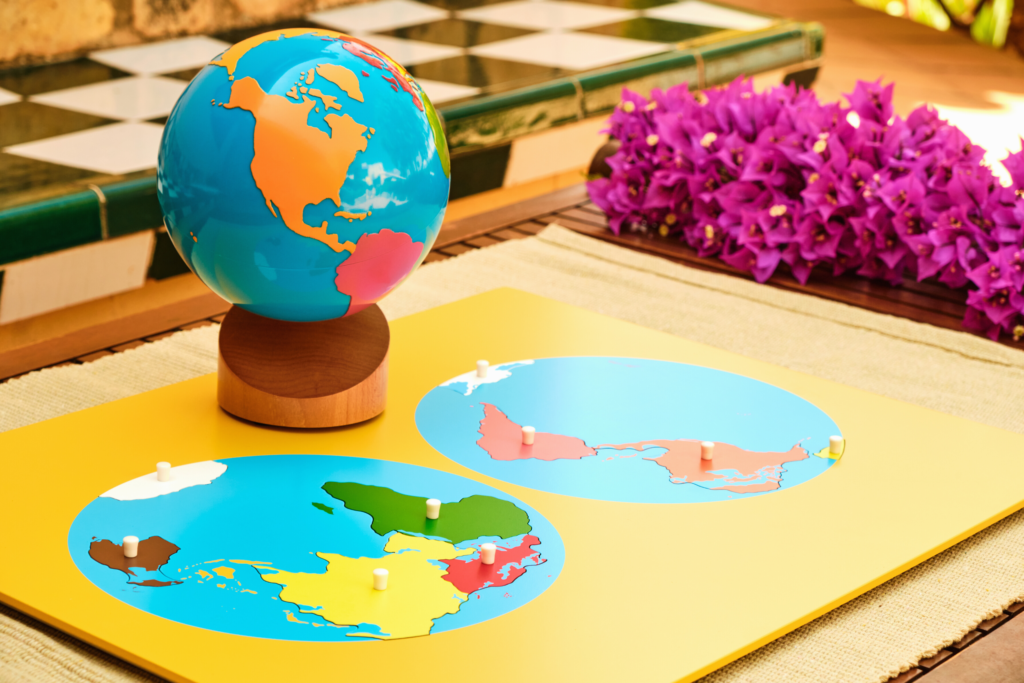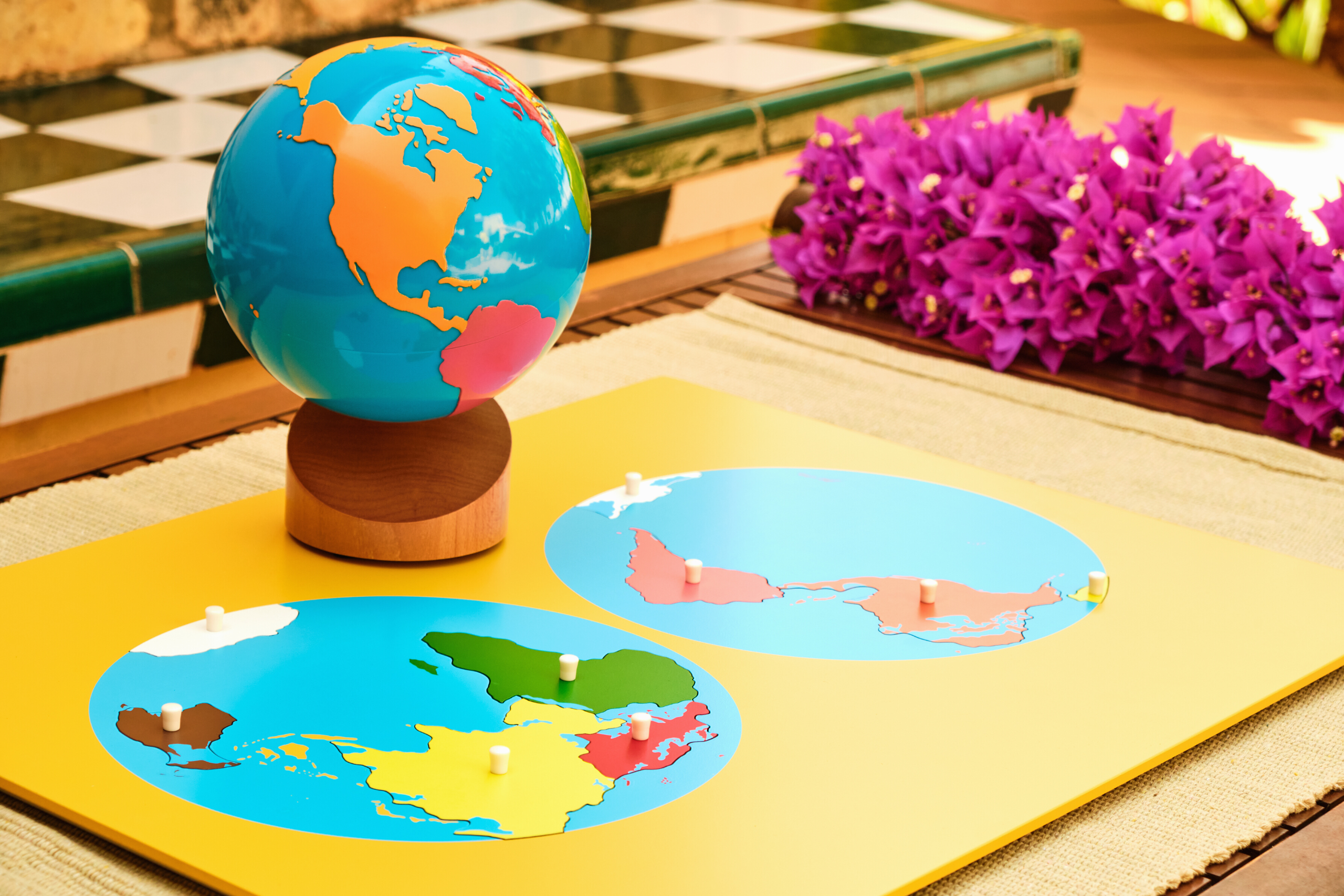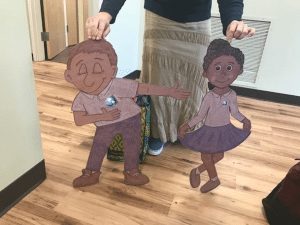Characteristics of the Montessori Educational Curriculum

The Montessori method is known for its flexible, independent, and self-directed form of learning. If you’ve heard about the Montessori method but you’re curious about what the educational curriculum looks like, read on for an in-depth look at what exactly children learn within the Montessori classroom.
Montessori educational curriculum focuses on five key areas of study. These include: Practical Life, Sensorial, Mathematics, Language, and Culture. These areas are combined with a set of teaching materials designed to increase in complexity as the child grows and matures.
1.) Practical Life
In the Montessori educational curriculum, Practical Life centers on teaching children independence, social skills, and care for the environment. Children practice exercises and activities that transfer into daily life, such as food preparation, lessons in grace and courtesy, and cleaning. These activities are also designed to develop concentration and fine motor skills.
2.) Sensorial
Sensorial activities teach children to refine their senses of sight, touch, sound, smell and taste. This helps children connect to and understand the physical world. They will immerse themselves in activities that use colors, shapes, textures, weights, and dimensions, such as working with geometric shapes and color boxes.
3.) Mathematics
The Mathematics educational curriculum teaches children to understand abstract mathematical concepts and relationships through hands-on learning experiences. Children learn to count, identify and match numerals to their quantity, relate decimal quantities and symbols, and become aware of the functions of addition, subtraction, multiplication and division.
4.) Language
In the Language module, children build their vocabulary and understanding of language, developing their reading, writing, and verbal communication skills. The module covers phonics, letter identification and formation, how to combine sounds to make words, how to build simple sentences, and how to properly hold a pencil. Practicing oral language skills are emphasized through daily social interactions and group experiences.
5.) Culture
Finally, the Montessori educational curriculum covers Culture, which incorporates a variety of subjects, including: Geography, Botany, Zoology, Science, History, Music and Art. Through explorations of culture, children develop an understanding of their community, their world, and their social responsibilities. Children learn to respond to diversity with respect, appreciate music and art, and develop awareness of sustainability.
Let’s Build Something Great Together
At Montessori Kids Universe, our mission is to nurture, inspire and educate our children leading to a lifelong love of learning. Whether you’re looking for an early childhood education program for your child, or you’d like to start your own franchise, contact us today so we can build something great together.


